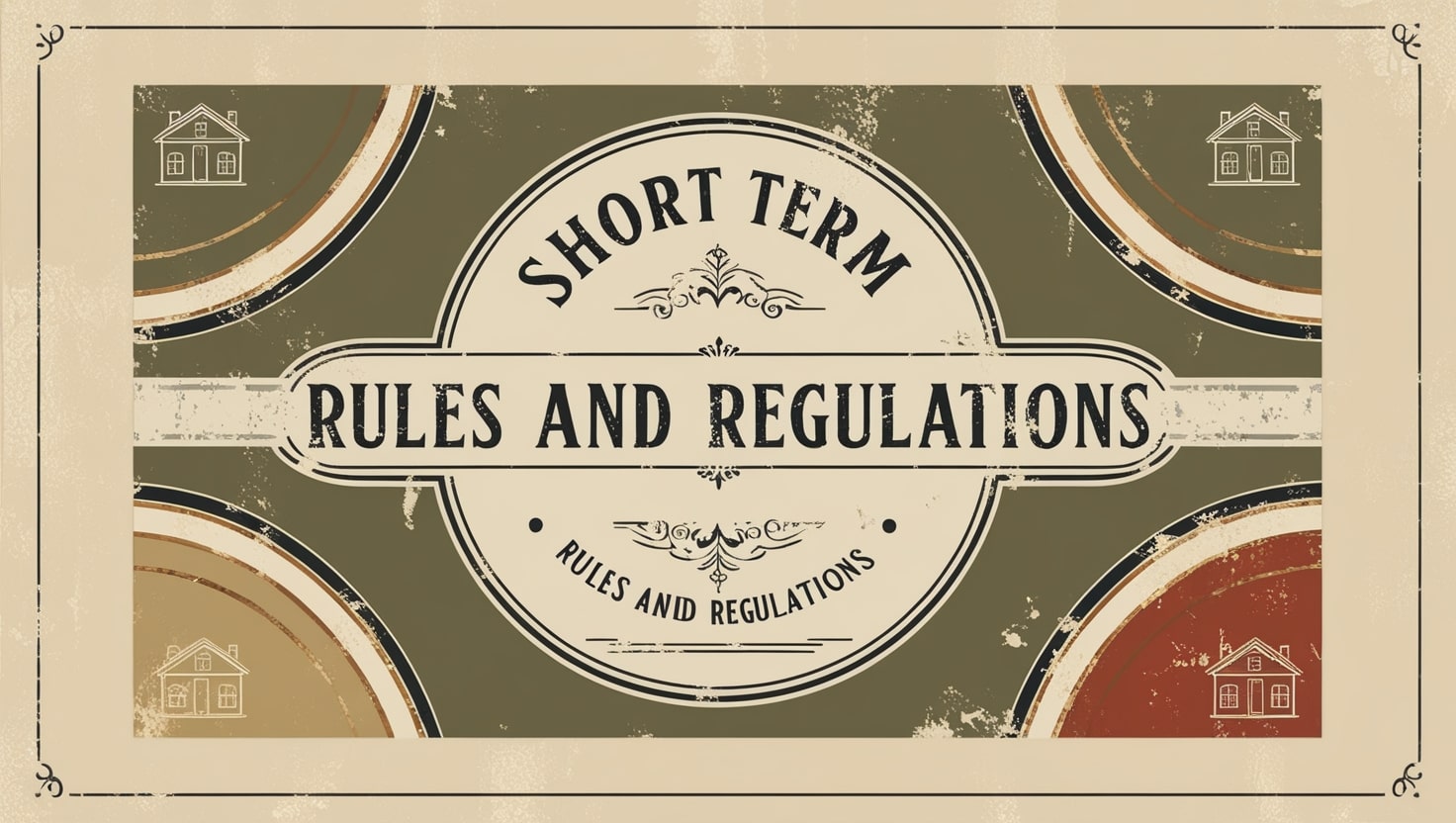Eugene-Springfield, United States Airbnb Rules & Regulations
Last updated on: 4th July, 2025


Last updated on: 4th July, 2025

Airbnb Regulations in Eugene-Springfield: A Brief Overview for Hosts
Eugene-Springfield recognizes the popularity of short-term rentals (STRs), like those listed on Airbnb, but has implemented specific regulations to manage these businesses effectively. Here’s a concise rundown of the key regulations that potential hosts should be aware of:
Annual Registration: All STRs must register annually with the City of Eugene. This process is straightforward, can be completed online, and does not require any registration fee. Hosts must provide essential information, including the rental's street address, whether the property is owner-occupied, and a local contact person's details.
Guest Limitations: Each rental unit can accommodate a maximum of up to 5 unrelated guests or a single family (of any size) at one time. Additionally, guest stays cannot exceed 30 consecutive nights.
Required Services: Properties listed as STRs must provide essential services, including bathroom facilities and garbage service, to comply with health and safety standards.
Transient Room Tax: Hosts must collect and remit a 4.5% Transient Room Tax (TRT) on all rentals, which is used to support local cultural and tourism programs.
Compliance and Enforcement: The city has established a strict enforcement framework, requiring hosts to adhere to the regulations. Non-compliance is not recommended, as it may lead to penalties.
Zoning Laws: Before starting a short-term rental business, hosts should verify that their property is located in an area where STRs are permitted, as specific zoning laws may apply.
Neighbor Relations: Hosts are encouraged to be considerate of their neighbors, fostering good community relations.
Overall, while Eugene-Springfield is considered relatively friendly towards Airbnb hosts, adherence to local regulations is crucial for successfully operating a short-term rental in the area. Always check for updates or changes to these regulations, as local policies can evolve.